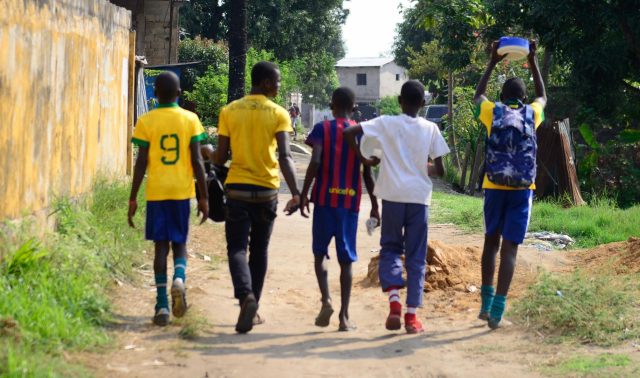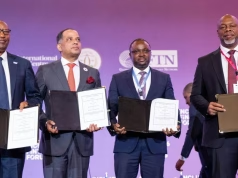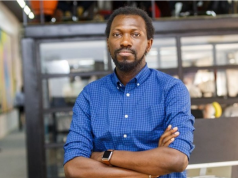The fastest-growing economic opportunity today may not be in tech, energy, or infrastructure—but in mental health. Across Africa, where over 60 percent of the population is under the age of 25, investing in psychological well-being is emerging as a strategic lever for workforce productivity, innovation, and long-term resilience. According to the World Health Organization, every dollar invested in mental health yields a four-dollar return in improved health outcomes and economic output—a return that positions mental well-being not as a social afterthought, but as a core driver of national competitiveness.
For decades, mental health was sidelined in policy and economic planning across the continent. Today, that is changing. Employers increasingly report stress, burnout, and absenteeism as growing threats to performance and retention. At the same time, global investors are factoring workforce well-being into decisions about where to allocate capital. As African economies strive to attract talent and scale innovation, mental health Africa is no longer a peripheral concern—it is central to sustainable growth.
Governments are beginning to respond. Kenya has launched a comprehensive Mental Health Policy and Action Plan aimed at integrating services into primary healthcare systems. Nigeria took a landmark step with the passage of its 2023 Mental Health Act, which establishes legal protections and expands access to care. In Ghana and Uganda, community-based models are demonstrating how localized, low-cost interventions can deliver meaningful impact. Zimbabwe’s “Friendship Bench,” which trains older women to provide evidence-based talk therapy, has gained global recognition for its cultural relevance and scalability.
In South Africa, universities and digital startups are expanding access through on-campus counseling centers and mobile mental health platforms, helping bridge gaps in service delivery. These grassroots innovations underscore a powerful truth: effective mental health solutions in Africa must be culturally grounded, linguistically accessible, and embedded within communities—not imported from distant models.
Digital tools are also playing a transformative role. Platforms like Safe Space have delivered tens of thousands of free therapy sessions in local languages by pairing trained volunteers with scalable technology. Such initiatives show how partnerships between academic institutions, civil society, and public health agencies can overcome the continent’s shortage of clinical specialists—one of the most significant barriers to care.
The economic argument is now undeniable. Just as Africa leapfrogged traditional banking through mobile money and bypassed fossil-fuel dependency with solar micro-grids, it now has the chance to lead the world in reimagining mental health care. By embedding mental well-being into education, employment, and urban planning, African nations can build more resilient societies, strengthen human capital, and create more attractive environments for investment.
This shift is not just about economics—it is about dignity. True development cannot be measured solely by GDP growth, but by the capacity of individuals to thrive. Africa stands at an inflection point: to treat mental health as a luxury is to risk undermining its demographic dividend. To invest in it is to lay the foundation for a healthier, more innovative, and more equitable future.
As awareness grows and action accelerates, the message is clear—mental health Africa is not a burden to manage, but a resource to cultivate. And in doing so, the continent may not only transform its own trajectory but offer the world a new model of holistic, human-centered development.
Follow us on Instagram.
https://www.instagram.com/businessnewsng?igsh=ZXpweTdjOGF1ZXdu

























